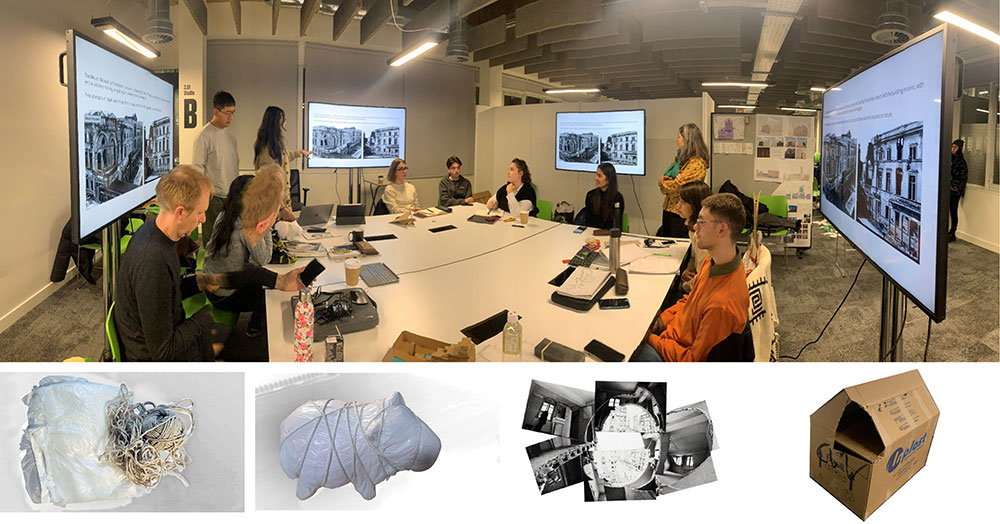MA Architecture and Adaptive Reuse. It is a programme about existing buildings, situations and places, and how over time these structures and locations can be encouraged to evolve, sustain new uses, and accommodate new users. We investigate strategies for the remodelling of existing buildings and situations - strategies that are not applied as a reaction to current conditions, but in anticipation of future changes.
Adaptation is now at the forefront of architectural practice. Two of the world’s most pressing challenges in the 21st century are climate change and urbanisation. Given that already more than half of the global population live in urban environments, and by 2050, it is projected that over 70% of the world population will live in cities, all societies need to be able to accommodate growth while at the same time, reducing consumption. The existing building stock needs to become both more efficient and more resilient.
The world can no longer support continued horizontal development that uses precious resources for both construction and functional use. It is important to address the future of the built environment by looking at different approaches and acting in a more carbon friendly manner. One of the most environmentally kind approaches to the development of the built environment is through building adaptation. Building reuse, refurbishment and restoration work all contribute towards the development of the existing situation, making it useful and appropriate for an expanding and changing population, whose needs and attitudes are also rapidly evolving.
Students investigate and interpret architecture and reuse; they explore aspects of history and memory, and the influence that these have on remodelling activities. They look at the impact that context and the environment have upon projects, while developing an understanding of technical issues including construction, environmental control, and materials in order to make creative and appropriate proposals for new users of the buildings and situations. Students also examine specific examples of adaptive reuse, theories of reuse and explore strategies for the conservation and adaptation of the existing environment.
Students investigate the four main aspects to sustainable building reuse - environment, society, inhabitation and economics - while underpinning their intellectual enquiry with theoretical knowledge combined with building, industry, and workshop visits.


